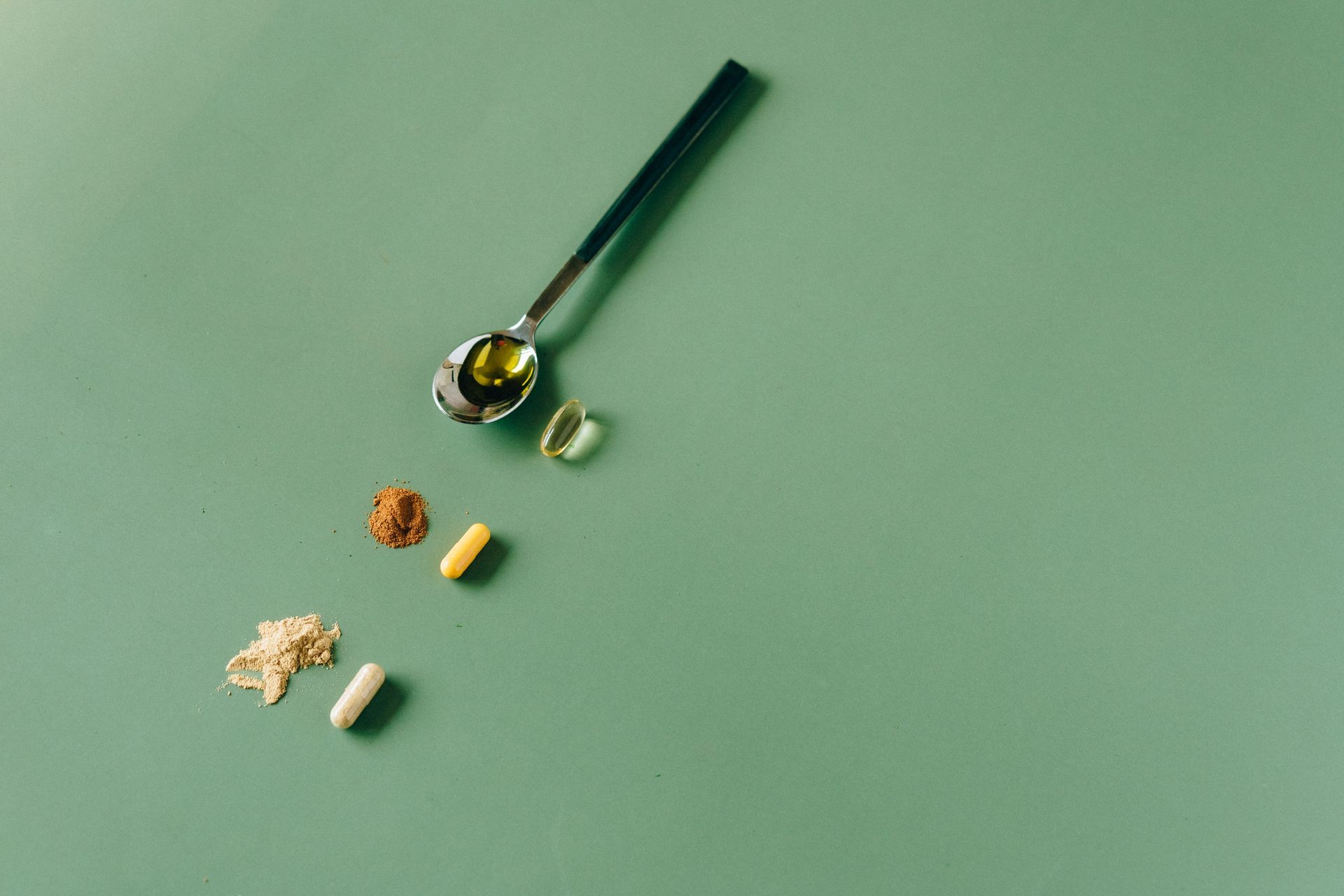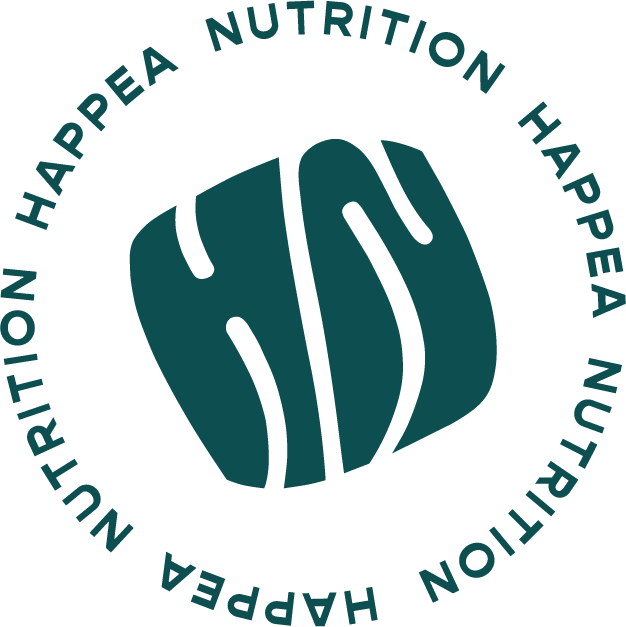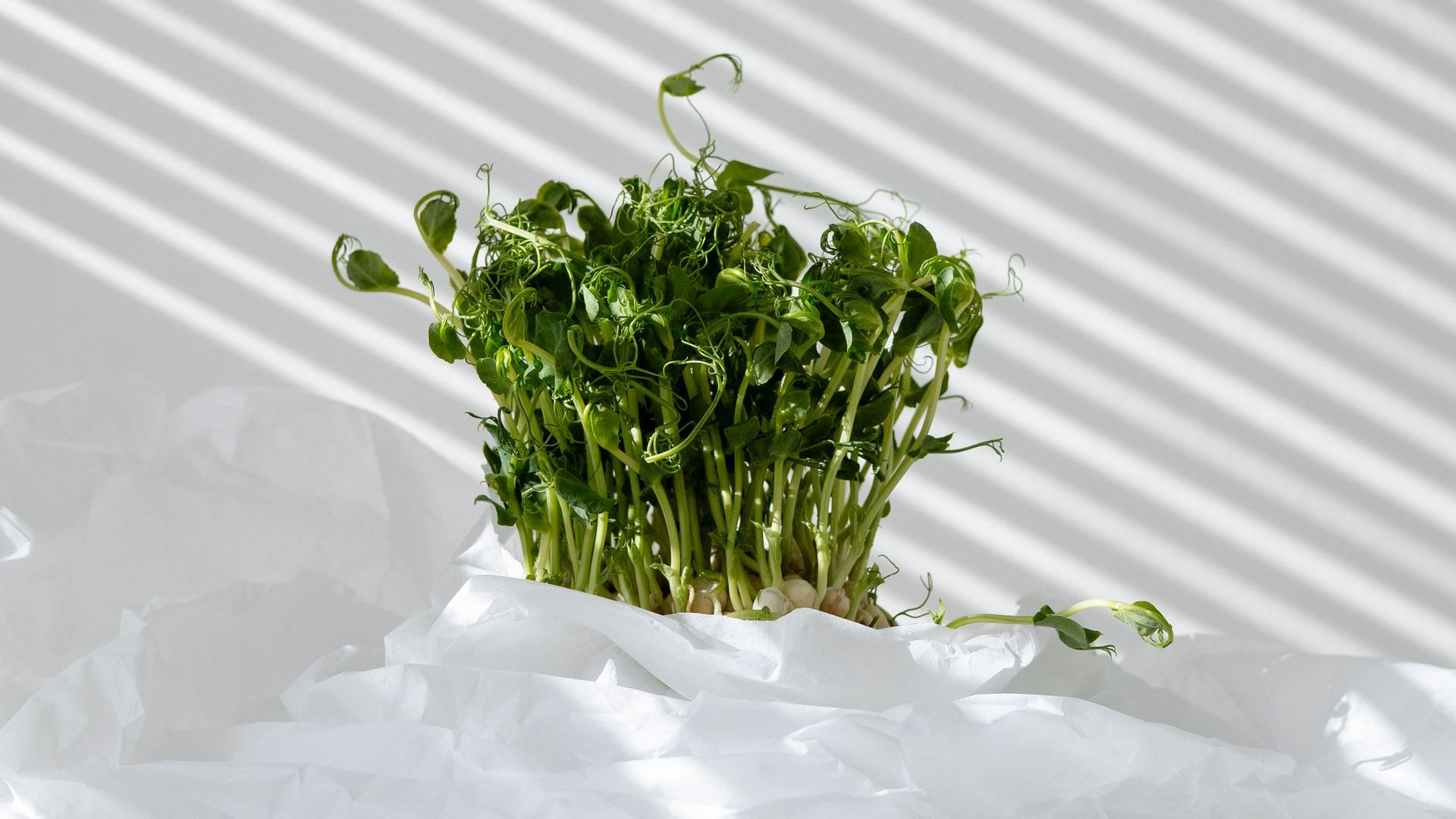How to start eating healthy today
Attainable steps to a healthier you
With summer coming to an end and the colder weather rolling in, you might be thinking about making healthy changes. But a quick Google search will likely leave you overwhelmed with advertisements for new fad diets and foods to eat if you want to quickly shed 10 pounds. The reality is: there is no instant trick to getting healthy. While starting and maintaining a healthy lifestyle can be challenging, it is best to start with the basics. Instead of just being told to “eat a well-rounded diet,” below are 5 tips that you can start with today to improve your health and well-being in an attainable way.
Add fiber to your meals
Fiber is a necessary component of the diet that may help lower cholesterol, regulate blood sugar, and even increase satiety after meals. It can be found in both soluble and insoluble forms, and both are important to be included in your daily eating pattern.
Soluble fibers are the ones that help bind cholesterol and transport it out of our system. They are also prebiotics because they are fermented by the gut bacteria, helping us maintain a healthy gut. To add soluble fiber to your diet, you can consume foods such as oats, sweet potatoes, and grapefruit.
Insoluble fibers slow digestion and help prevent constipation. Because they help maintain digestive health, this type of fiber is important for prevention of hemorrhoids or colorectal cancer. Some great sources of insoluble fiber are apples, berries, nuts, and whole grains.
Get a variety of colors in your diet
For optimal health, we need a variety of vitamins and minerals. To make sure you’re getting an adequate amount, a good rule of thumb is to incorporate two to three different colors of fruits or vegetables at every meal, and one to two at every snack. This may seem like a lot at first but once you get the hang of it, it's easy. The best way to add variety to your diet is by tryin seasonal foods.
Right now, you can try eggplant or grapes for blue/purple produce, beets or raspberries for red/pink, spinach or zucchini for green, cauliflower and apples white, and of course pumpkin or sweet potato to cover the orange/yellow family. It is both healthy and more interesting to switch up your fruits and vegetables to get these colors in, and to start out just focus on getting a few. It's as easy as adding two types of fruit to your oatmeal, adding a side of veggies to any dish, or switching up your salad.
Swap an animal-protein for a plant-protein
It is no secret that red meat is higher in saturated fat than plant-proteins. This can contribute to a higher risk of diabetes, heart disease, and other chronic diseases when eaten in large amounts. While you don't have to go vegan, eating more plant-based foods has many health benefits. It also makes it much easier to stick to the variety of colors rule!
If you aren't eating a lot of plant-based protein, start slow. You can try by swapping out just one animal-protein in your day for a plant-based one. You can also start making half of your protein plants in some recipes. One easy trick is making 1/2 of each recipe that calls for ground meat beans or lentils. By doing so, you can still enjoy meat but you are getting the benefits of plant-based protein sources and slowly getting used to the taste.
Stay hydrated - reach for water instead of a sugary drink
Hydration is one of the most overlooked health and weight loss tools out there! If you find yourself reaching for sodas, energy drinks, juices, and blended coffees to quench your thirst, you could really benefit from swapping some of these options for water. Very high amounts of added sugar can contribute to weight gain and increased chronic disease risks. You don't have to cut out everything at once. Just gradually reduce the sugary drinks in place of healthier options such as water, or even a flavored seltzer if you really miss the taste or carbonation.
Opt for healthier fats
Fats are an essential part of a diet, but they come in many forms. As mentioned before, saturated fats can have a poorer effect on health, despite some websites making different claims. There is still very strong evidence that saturated fats contribute to cardiovascular risk because they do increase LDL (bad) cholesterol. This is not to say you can't have any saturated fat but reducing how much of it you eat, will be beneficial for your long-term health. Focus on healthier sources of fats, such as monounsaturated and polyunsaturated fats which can be found in plant-oils, avocados, or nuts and seeds.
A healthy choice you could make today might be adding an extra-virgin olive oil dressing to your salad or cooking your dinner in a little bit of oil instead of frying it. Fish and seafood is a great way to add healthy omega-3 fatty acids to your diet as well. That's why it is recommended to make at least two of your protein choices per week fish and seafood!
Nutrition isn't as complicated as it may seem from social media. Eating a balanced diet doesn't have to be a chore and making simple, small steps towards improving your habits can make a huge difference in your overall health!
Researched and written by Dana Herbsman specifically for Happea Nutrition. Edited by Paula Doebrich.
Share this



